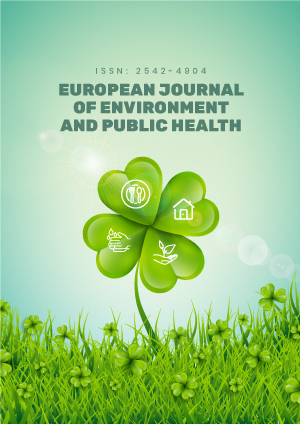Abstract
Aim: This study aims to determine the first-aid self-efficacy of mothers with children aged 0-4 years.
Methods: This descriptive study is conducted in a university hospital in Ankara, Turkey with 403 mothers who have children aged 0-4 years. The questionnaire method has been used to collect data in the study. The questionnaire consists of two parts. In the first part of it ‘‘the socio-demographic characteristics form’’ and in the second part of it ‘‘the first-aid self-efficacy scale’’, which is used to determine the mothers’ first-aid self-efficacy, were included. The analysis of the research data is performed with SPSS statistical program.
Results: The age range of the participants in the study is 19-46 years and the mean age is 29.41±7.40 years. 46.2% of the mothers are 19-28 years old, 93.3% are married, 39.2% are graduated from high school, and 54.8% are housewives. 86.3% of the mothers state that they have not had the first-aid training and 42.9% of them state that they have encountered a situation requiring the first-aid resulting mostly (60.1%) in an injury. The mean score of the scale is 30.90±9.50.
Conclusions: In our study, it is found that the first-aid self-efficacy of mothers is low. The mothers with an undergraduate degree have higher first-aid self-efficacy than the ones who graduated from a primary school and those who had the first-aid training have higher first-aid self-efficacy than the ones who did not receive the first-aid training. To increase the first-aid self-efficacy of mothers, the first-aid trainings should be organized by public/private health institutions and non-governmental organizations, practices should be made on models and repeated periodically. It is suggested that more centers and fathers to be included in these trainings in the future.
Keywords
License
This is an open access article distributed under the Creative Commons Attribution License which permits unrestricted use, distribution, and reproduction in any medium, provided the original work is properly cited.
Article Type: Research Article
EUR J ENV PUBLIC HLT, Volume 7, Issue 3, 2023, Article No: em0141
https://doi.org/10.29333/ejeph/13376
Publication date: 01 Jul 2023
Online publication date: 10 Jun 2023
Article Views: 1624
Article Downloads: 2901
Open Access References How to cite this article
 Full Text (PDF)
Full Text (PDF)